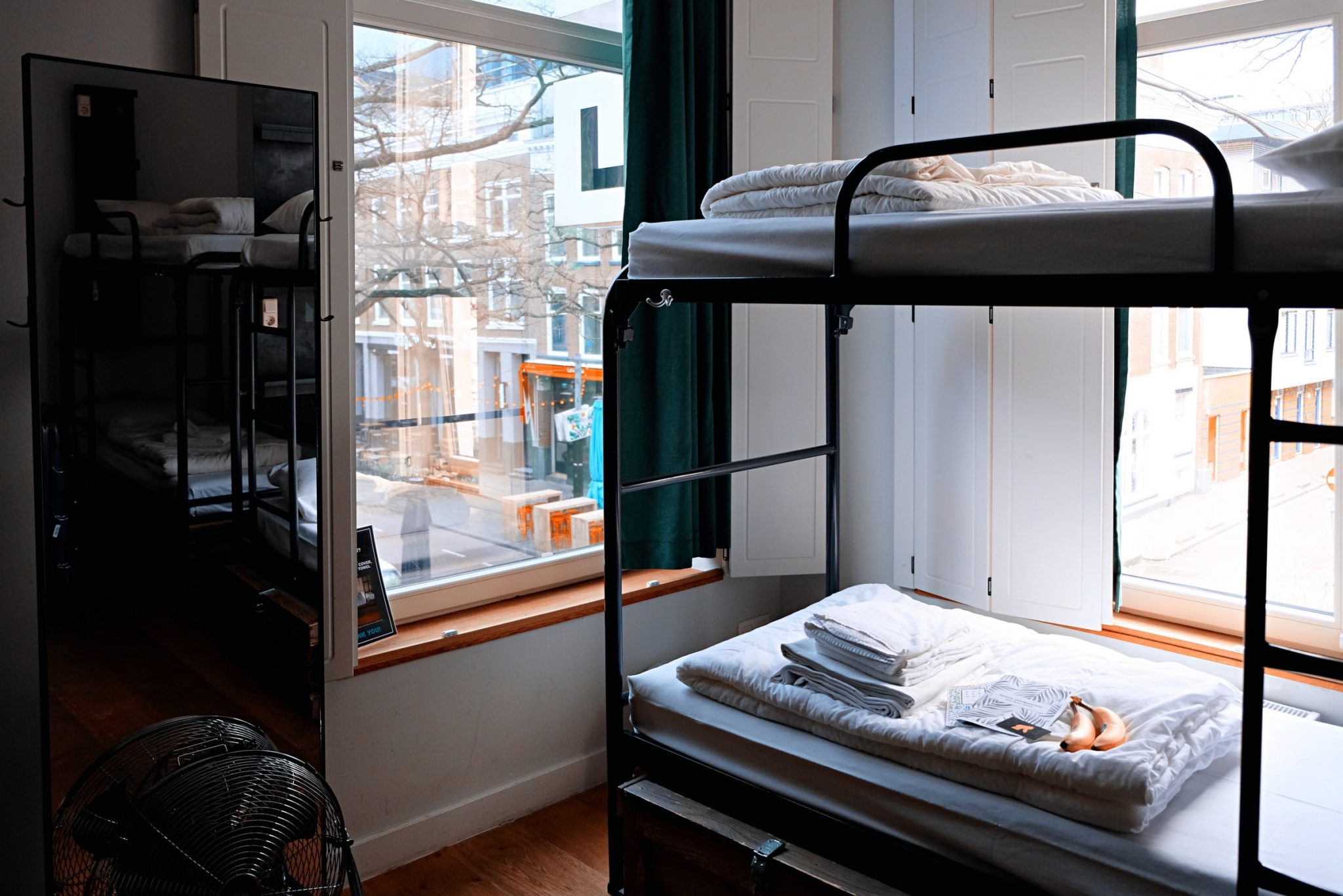Skift Take
Adding social network-like features could win it some more new-to-hosteling customers, clearly needed after racking up losses of $90 million during the pandemic. But doesn't this take the fun out of the haphazard nature of hosteling?
Online travel agent Hostelworld has had a particularly tough couple of years, as travelers avoided shared accommodations like hostel dormitories in the face of the highly contagious Covid-19 virus.
The company posted a loss of $36.7 million in 2021, according to preliminary results, which was an improvement on the $53.9 million loss in 2020. Net bookings of 1.5 million were also down 70 percent on 2019 levels.
But it’s now launched a networking platform called The Solo System within its app and website to grow back its share of solo travelers, and especially those nervous about hosteling for the first time. Before the pandemic, some 60 percent of Hostelworld guests were single travelers. Other tools in the pipeline include platforms to help guests organize events, or even work together.
In a recent poll of 3,700 customers, Hostelworld said that 76 percent overall rated “meeting people” as their top deciding factor when booking a hostel, with 77 percent looking for other travelers to do activities with on trips. Some 30 percent said they were nervous about chatting to other people in hostels.
“It can be a hit and miss when you arrive at a different hostel,” said Hostelworld Group CEO Gary Morrison. “You don’t actually know what’s it like until you get there, you don’t know who else is in the city. We’re giving new customers a reason to book with us.”
In theory there’s no risk the platform, launched last week, is open to abuse by cyber bullies or potential stalkers, Morrison said. Users can see which cities and venues are “trending” as they browse Hostelworld’s venues, but they’ll only be able to see other traveler profiles and message them (for those that opted in, at least) once they book, and only from 14 days before they check in.
“You might be able to see the proportion of nationalities or ages, or whether they’re frequent travelers, (but) you can’t target anybody individually,” Morrison said. “Once you’ve made a booking, you’re given access to what I call thematic chats, so people who are interested in going out for a beer, or sightseeing, or cycling … those subscriptions to those chats aren’t just for people staying in your hostel, they’re also the people staying in your city.”
Tapping Into Remote Workers
Like Airbnb, which saw stays of 28 days or longer become its fastest-growing trip type in the third quarter of last year, Hostelworld is noticing more people book extended stays.
“What we’re already seeing, compared to 2019, is that the average length of stay is increasing, especially the segment of five days-plus,” Morrison said. “Those subscriptions to the thematic chats are much more around leisure activities, but one of the the other subscriptions we could easily put together could be based around working from anywhere, or particular type of work, or wanting to meet up for professional opportunities.”
Another function called “LinkUps” will be launched in the coming weeks, and will allow users to see events and activities fellow travellers are planning, to book and attend them, or create their own.
Meanwhile, the CEO said there was a “tremendous amount of interest” in its new Roamies partnership with G Adventures. The new program is designed to help G Adventures’ guests work and travel at the same time, with hostels tending to offer good Wifi and spaces to work from. The first departures begin next moth. “We’re super excited. It took about a year to build that with Bruce (Poon Tip, founder of G Adventures),” Morrison added.
Despite Hostelworld’s weekly short-haul net bookings in 2021 falling to about 25 percent of 2019 levels, they’ve recovered to 70 percent in the past 12 weeks alone. “Over the past 20 years, we’ve been an OTA,” Morrison said. “We’re now pivoting to OTA plus-plus.”
The Daily Newsletter
Our daily coverage of the global travel industry. Written by editors and analysts from across Skift’s brands.
Have a confidential tip for Skift? Get in touch
Tags: airbnb, budget hotels, corporate travel, corporate travel management, g adventures, hostels, hostelworld, online travel newsletter, remote work
Photo credit: Hostelworld wants to appeal to more first-timers. Marcus Loke / Unsplash
